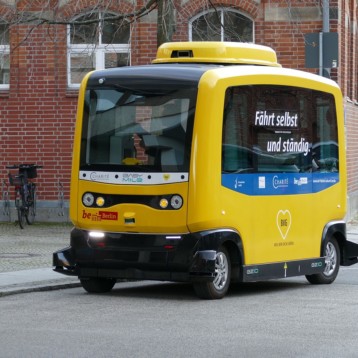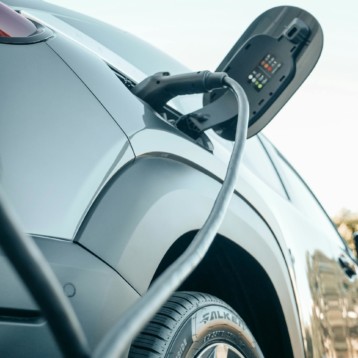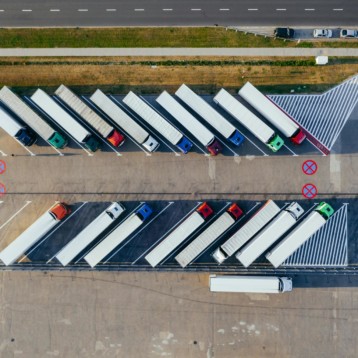Since Twill is designed to be a small, light vehicle, it requires a battery pack which is considerably smaller than that of a full size car. “Solar is of particular excitement, because it illustrates the extreme efficiency of Twill Cars,” said Tacklind. The energy needed for the average 30 mile commute can be generated by a 6 foot by 7 foot solar array plugged into the grid, to which Twill can be plugged.
Twill can retain its balance thanks to the fact that the company applied sensor technology to the two wheel layout of bicycles. “Much like a rider on a fixed-gear bicycle, balance is achieved by computer control of the steering angle and wheel position. While stopped, small motions forward and backward result in small sideways motions of the tire patch on the road. No training wheels or kick stands are needed. At speed, small changes to the steering angle maintain balance, just as in a bicycle or motorcycle,” further explains Tacklind.
The vehicle will be able to reach a top speed of 85 mph and go from 0 to 60 in 6 seconds. Twill doesn’t have mechanical brakes or an internal combustion engine; instead the vehicle is has all electric propulsion and braking systems. Instead of a steering wheel, the vehicle will be controlled by Haptic feedback touch controls.
Twill promises to protect the driver and offers a sense of safety and security, as the cabin consists of carbon fiber and polycarbonate, equipped with a seat that is similar in shape to the NASA “Zero G” seat, and is lined with form-fitting pellets that lock in place. Instead of conventional cushions, Twill is equipped with compartmentalized “bean bags” as well as airbags. If a collision occurs, the pellets lock in place while the airbags deploy, forming rigid block of poly styrene foam that protects the driver’s entire body.
TFOT has previously covered other interesting concept cars, including MoVille – a single-passenger tear-shaped vehicle and “Peugeot Verde,” a green concept car designed to fit its changing environment by changing its size, both designed for the 2008 Peugeot design contest. TFOT also covered an automobile design competition that took place at the Royal College of Art in London, where the students focused on presenting both sleek looks and futuristic technology.
More information on the Twill can be found at the competition’s official website.
Image: Twill illustration by industrial designer Nelson Au.










